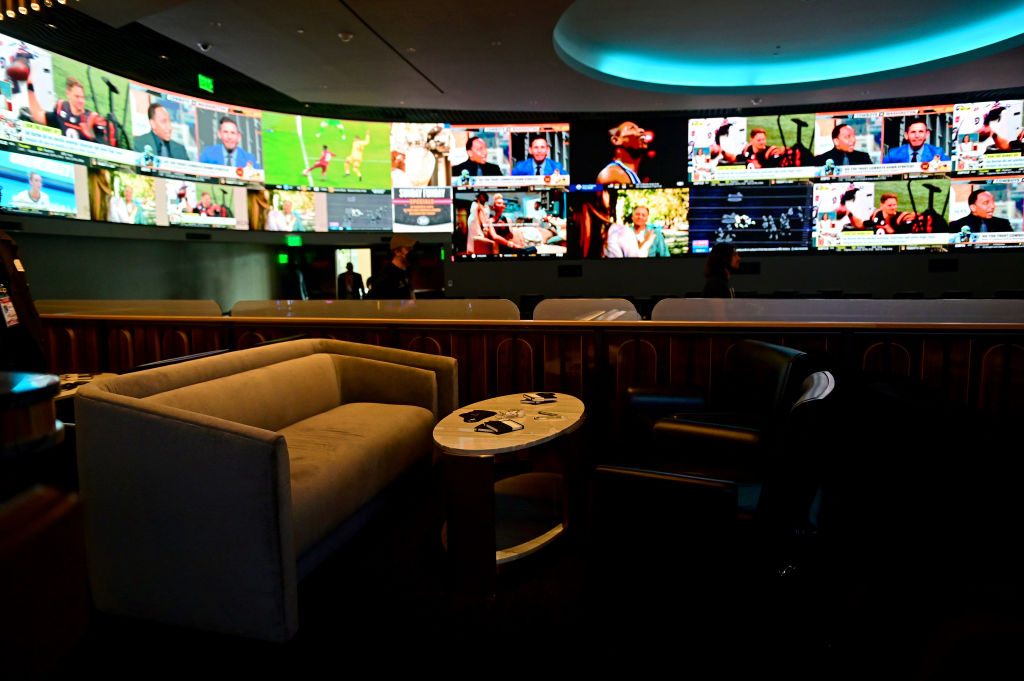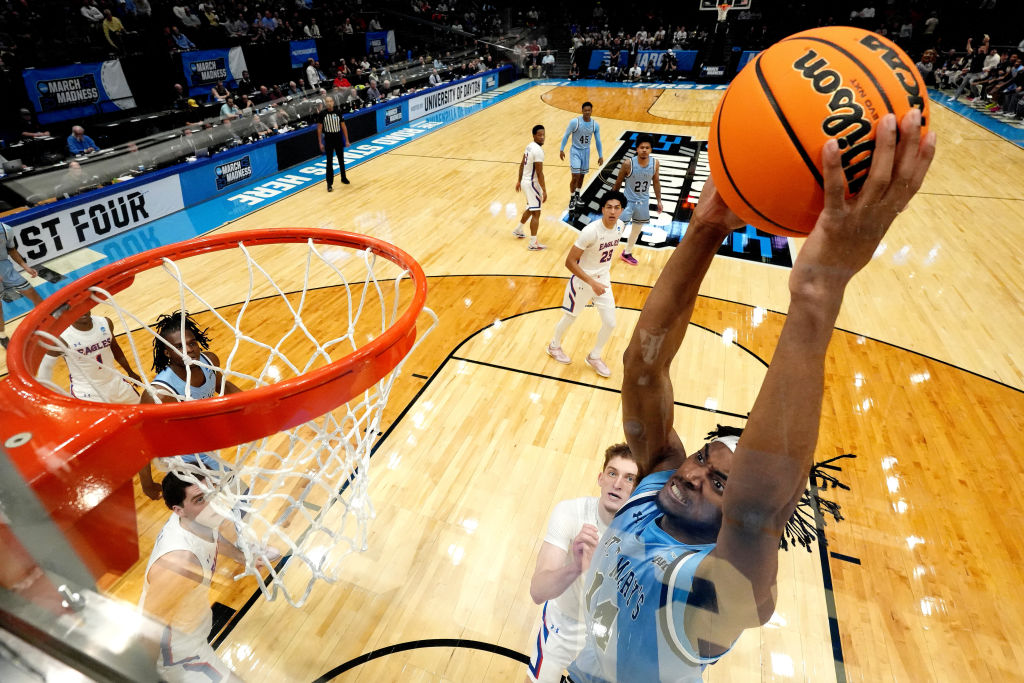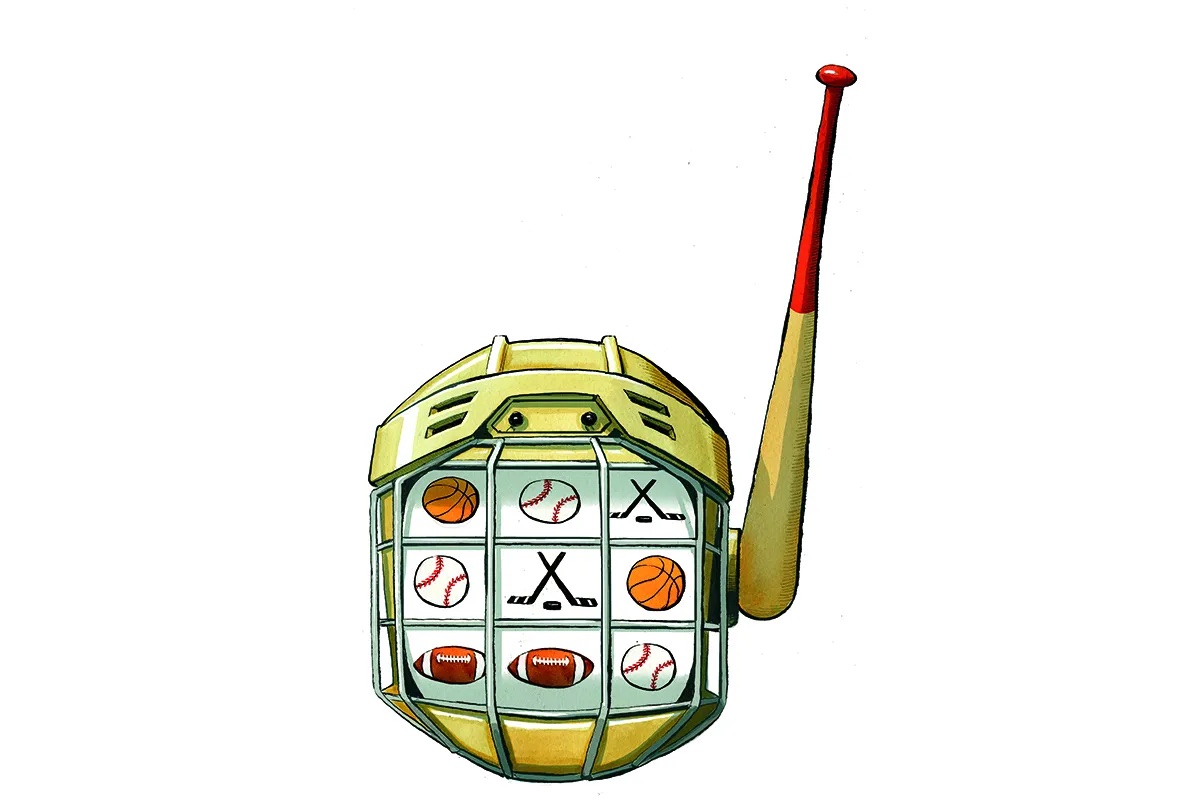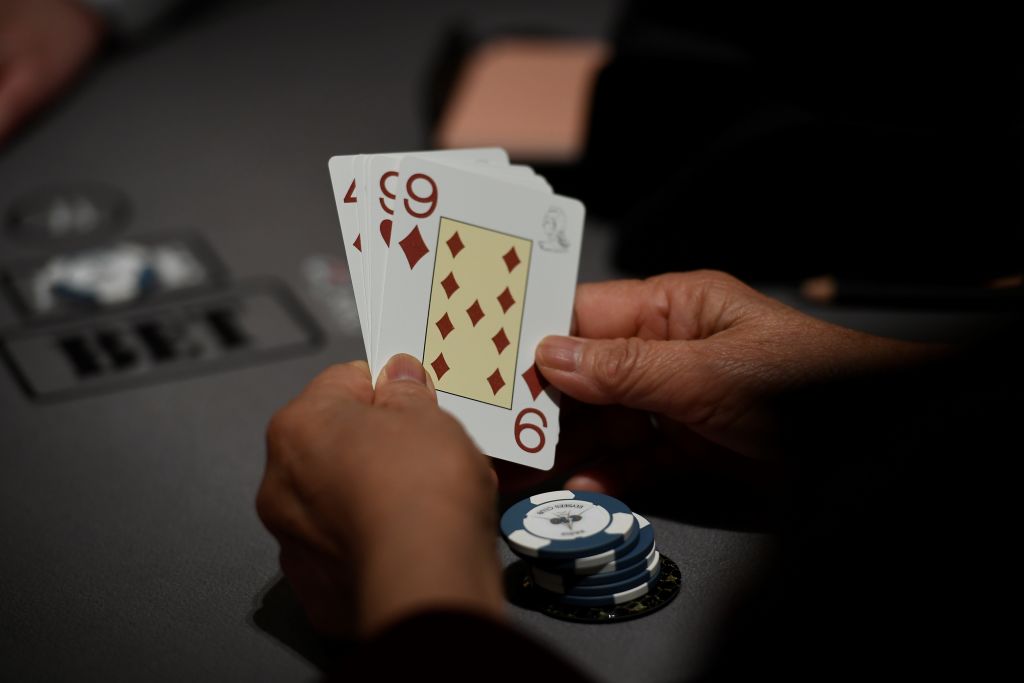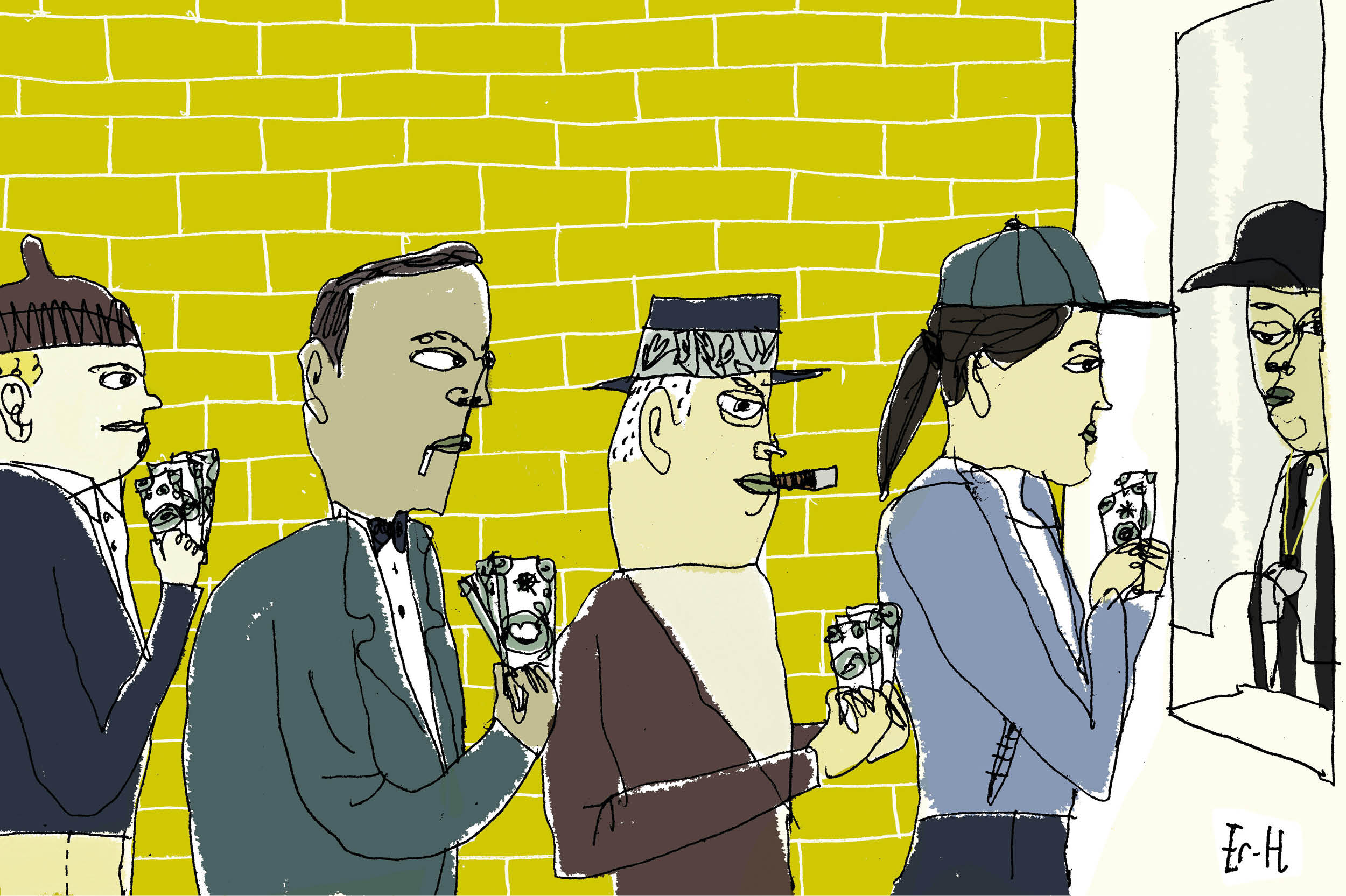In the five years since the Supreme Court struck down a federal law banning sports gambling in most states, the sports landscape, at least in terms of the way events are covered, has been radically altered, and in many ways, changes are yet to come.
Seemingly every week, a new sportsbook app arrives on the market. Broadcasts of sports are now inundated with updates about odds, point spreads and proposed parlays from analysts that fans are invited to wager on. Prior to the Supreme Court decision, gambling was the dirty little secret of the sports establishment. Of course gambling happened, and in places like Las Vegas it was legit, but it was considered tawdry among the more buttoned-down members of the sports mainstream.
Now, if you’ll excuse the pun, all bets are off, or rather, all bets are on. Many fans who never had access to a bookie, or the ability to jet off to Vegas on a whim, have for several years been able to place bets with the press of the button on their phone. Sports betting is now legal in more than thirty states, as well as the District of Columbia, with more potentially to follow.
According to the American Gaming Association, revenue across American sportsbooks, which includes casino gambling and online wagering, hit $7.5 billion in 2022, a 75 percent uptick from the previous year. At the time of the Supreme Court decision, it was estimated that $150 billion in illegal wagers was made by Americans each year. The AGA found that sportsbooks handled $93.2 billion in bets in 2022, meaning there are still segments of that black market yet to be tapped.
Those in the industry aren’t content to simply wait until more states legalize sports betting to grow the pot. This past week, at SBC Summit North America, an annual trade show for the online betting and gaming industry, officials from gaming companies as well as the major sports leagues themselves agreed that the future for the industry is in microbets. By micro, they don’t mean the amounts being wagered. They mean live bets placed in the moment on hyper-focused aspects of the action, like wagering on what will be the result of the next pitch in a baseball game, the next possession in a basketball game, or the next play in a football game. Soon, experts figure, fans will be able to bet on the velocity of specific pitches in baseball.
One company, Betr, which touts social media influencer Jake Paul as a founder and president, has already framed its business model around microbetting. Currently active in Massachusetts and Ohio, Betr sells itself as the world’s first microbetting app. CEO Joey Levy envisions a future in which viewers will place bets on hyper-specific situations, like an individual batter in baseball getting a certain kind of hit on a specific style of pitch, on a specific pitch count within an at-bat. These wagers would entice gamblers with large payouts since they would be based on several exact circumstances playing out correctly at once. And since the event that determines whether the wager wins or loses passes so quickly, officials figure, fans will bet more often in longer playing sessions.
To some extent, this was predicted as soon as the Supreme Court threw the doors open for legalized sports betting. Back in 2018, when the decision was handed down, Gabriel Feldman, the director of the sports law program at Tulane University, told the New York Times, “It’s called the gamblization of sports. Fans will become much more focused on gambling than following a team. It will make every second of every game of every week interesting to fans as it will give everyone something to root for.”
The leagues want in. Scott Kaufman-Ross, the NBA’s vice president of fantasy sports and gaming, believes that microbetting is well-suited for the league’s fluid and up-tempo style of play. “Our game is so fast you could have three possessions in the span of eight seconds,” he told the AP. One type of microbet that he mentioned that the NBA is already keying on is predicting a team’s scoring streak. While several sportsbooks currently offer bets on guessing which team will be the first to reach a certain point threshold to start a game, Kaufman-Ross said the NBA is interested in fans having the ability to wager on a team abruptly going on a scoring streak at any point in a contest. After all, a well-timed scoring streak in the second half can often be what decides a game.
As it happens, I recently started working a day job in the sportsbook of a casino, the parent company of which also runs an online sports betting app. I work as a ticket writer in a cash-only sportsbook adjoined by a bar and lounge. Customers enjoy the ability to luxuriate in a bar atmosphere with other patrons while betting on the games they’re watching, as well as the immediate payouts that a cash-only service offers, but the proliferation of the apps has spoiled many of them about the types of bets they can make at any given time, and the speed with which they can make them.
Oftentimes, these customers complain about not being able to bet on a certain outcome in the cash-only lounge, or combine bets that they would be able to on an app. The officials dictating the odds for our sportsbook don’t work on site at the casino, and will without warning stop taking action on certain games, then resume again without notice. The apps will do this late in games when the outcome is no longer in doubt, but with the in-person wagering, it’s more sporadic and unpredictable. Anything less than absolute convenience bothers some of the gamblers.
Some aspects of the conventional model of casino sports betting still appeal to people, like having a representative there to guide one through the basics of gambling, to talk trash with, and to pay out winnings in a quick and easy way. The flexibility that technology affords, however, is hard for some to shake once they get used to it.
The expansion of gambling availability, its constant emphasis on sports broadcasts, and the incentives to bet quickly and often do worry those concerned about the rise of addiction and problem gambling. During orientation week at my casino job, a human resources employee addressed such concerns during a presentation. A PowerPoint slide presented the rhetorical question, “Does the increase in betting availability increase the amount of problem gambling?” to which we were cheerfully assured no, it does not, or at least it does only negligibly. No specific statistic or study was cited in this answer, but surely the casino only has our best interests in mind.



